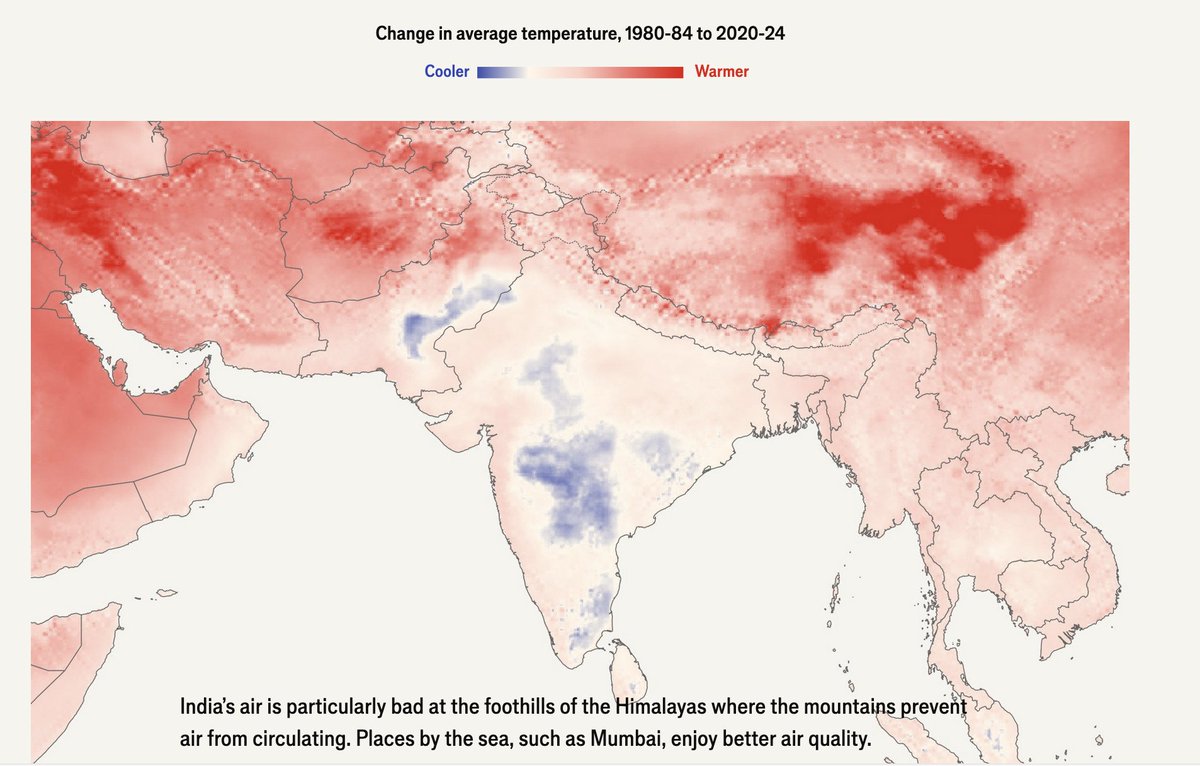
Elizabeth Threlkeld
@ethrelkeld
Senior Fellow+Director, South Asia @stimsoncenter. Former diplomat @statedept. @heartlandhelps, @cambridge_uni, @swarthmore alum. Views my own.
ID: 18847341
https://www.stimson.org/staff/elizabeth-threlkeld 10-01-2009 21:36:26
3,3K Tweet
7,7K Followers
2,2K Following


📣Join us this Friday, when I'll be moderating a conversation on pathways for policy in South Asia following the India-Pakistan crisis. New Stimson Center Senior Fellows Asfandyar Mir and Daniel Markey will share their thoughts, alongside Yun Sun. RSVP👇 stimson.org/event/u-s-appr…



Looking to better understand terms like deterrence, the stability-instability paradox, escalation, standoff weapons, and crisis management after the recent India-Pakistan crisis? This new explainer from Stimson Center's Strategic Learning breaks them down 👇 stimson.org/2025/five-key-…






🚨Join us TOMORROW for our discussion on the potential pathways for US policy following the ceasefire between #India and #Pakistan. Featuring Dr. Asfandyar Mir, Yun Sun, and Daniel Markey. Moderated by Elizabeth Threlkeld ⏰10:00 - 11:00 AM ET stimson.org/event/u-s-appr…


.Zia Ur Rehman on a key challenge amid rising violence in Khyber Pakhtunkhwa - the unfinished work of FATA reforms 7 years on. "one university student from Kurram regretfully says, 'We were promised a new dawn, but it still feels like the same long night.'" dawn.com/news/1913086

Christopher Clary Elizabeth Threlkeld Adil Shireen Mazari “The very presence of recurring conventional engagements highlights the precariousness of the situation, where misperceptions of red lines could lead to inadvertent escalation between the two nuclear-armed adversaries,” Elizabeth Threlkeld

Very pleased to publish Christopher Clary's detailed analysis of what's known and still unknown about the 🇮🇳🇵🇰 crisis. With divergent narratives taking hold on both sides, this working paper is a timely effort to sort fact from fiction and identify implications for regional stability.

.The Economist: "Over the past 40 years, South Asia has warmed far more slowly than elsewhere in the world—temperatures in the region have risen by around 0.09°C per decade, compared with 0.30°C over the rest of the world’s land mass and 0.23°C for places at a similar latitude"








